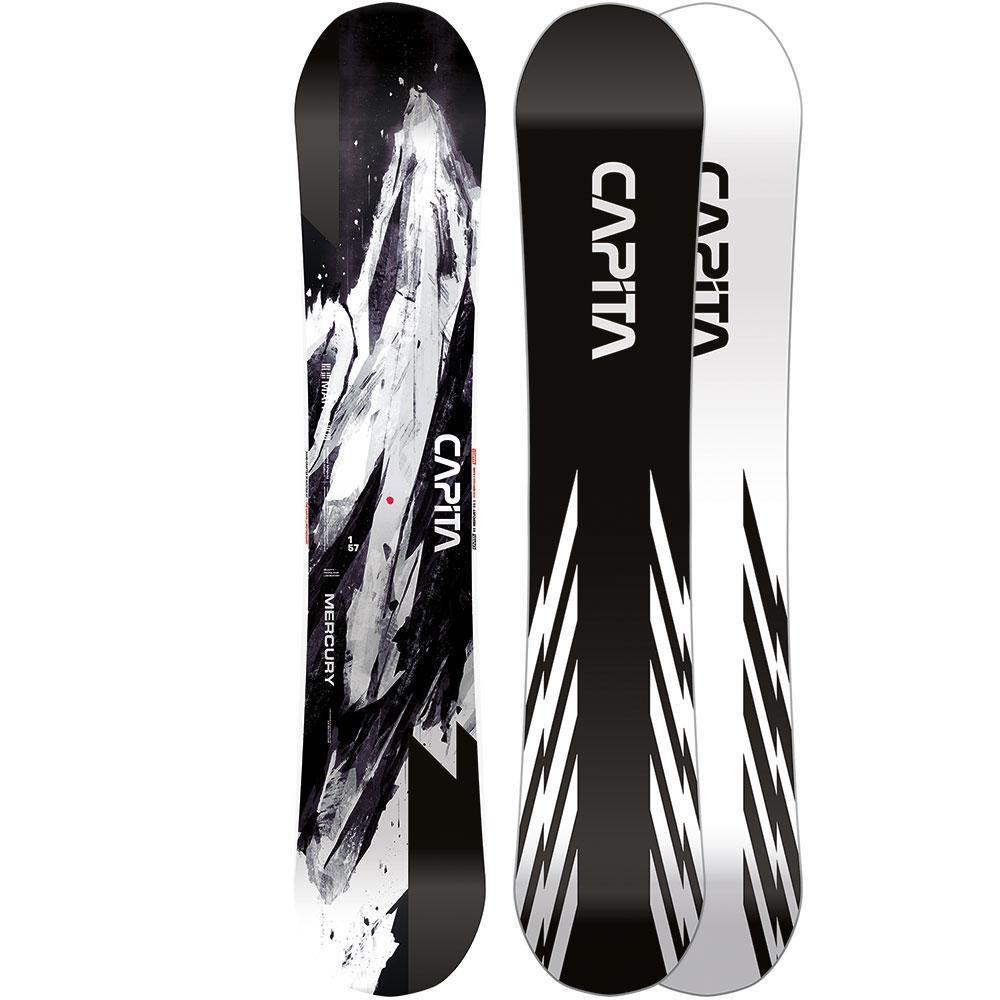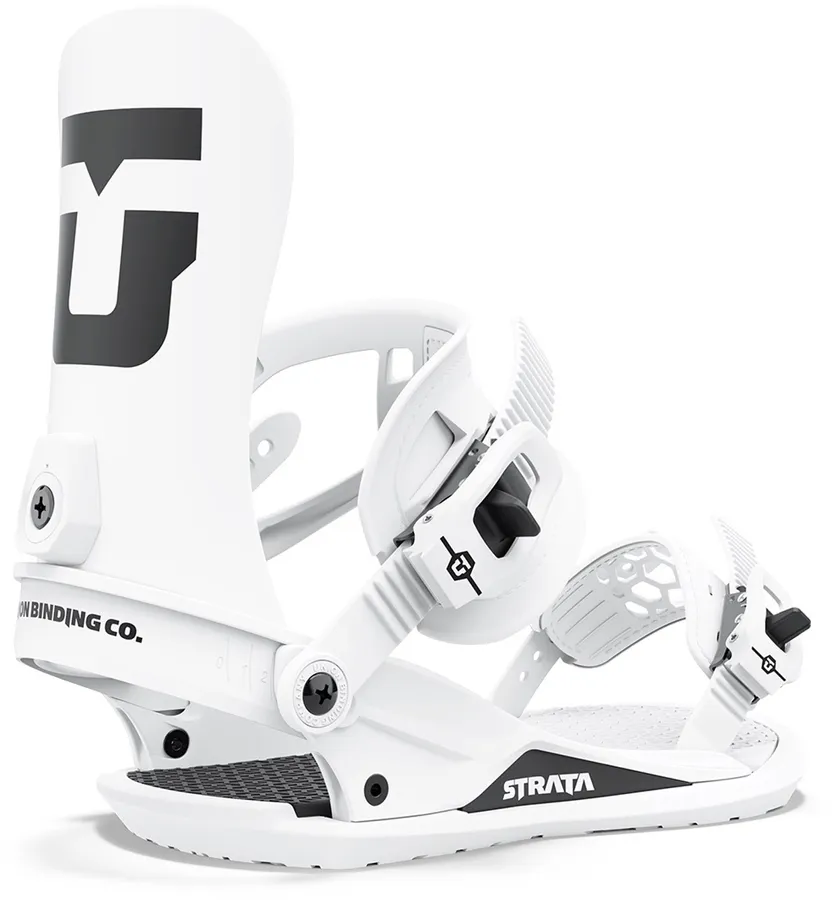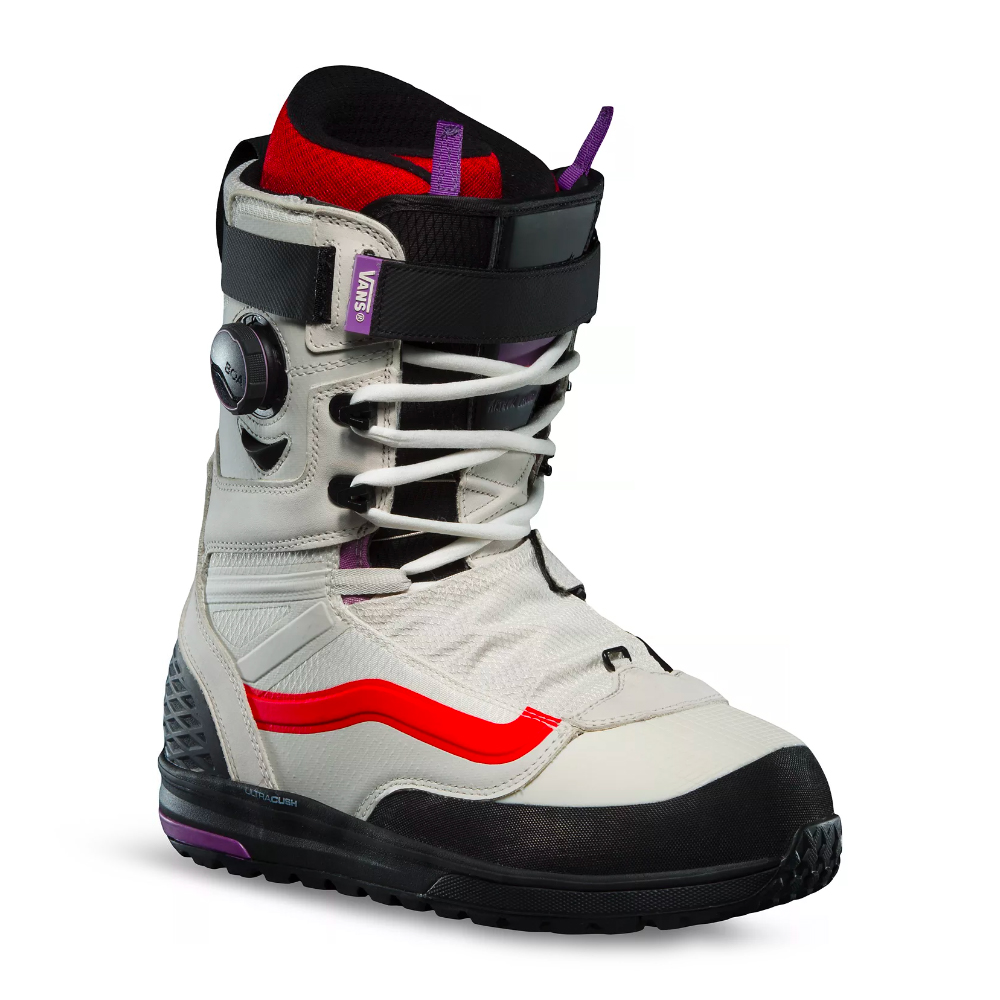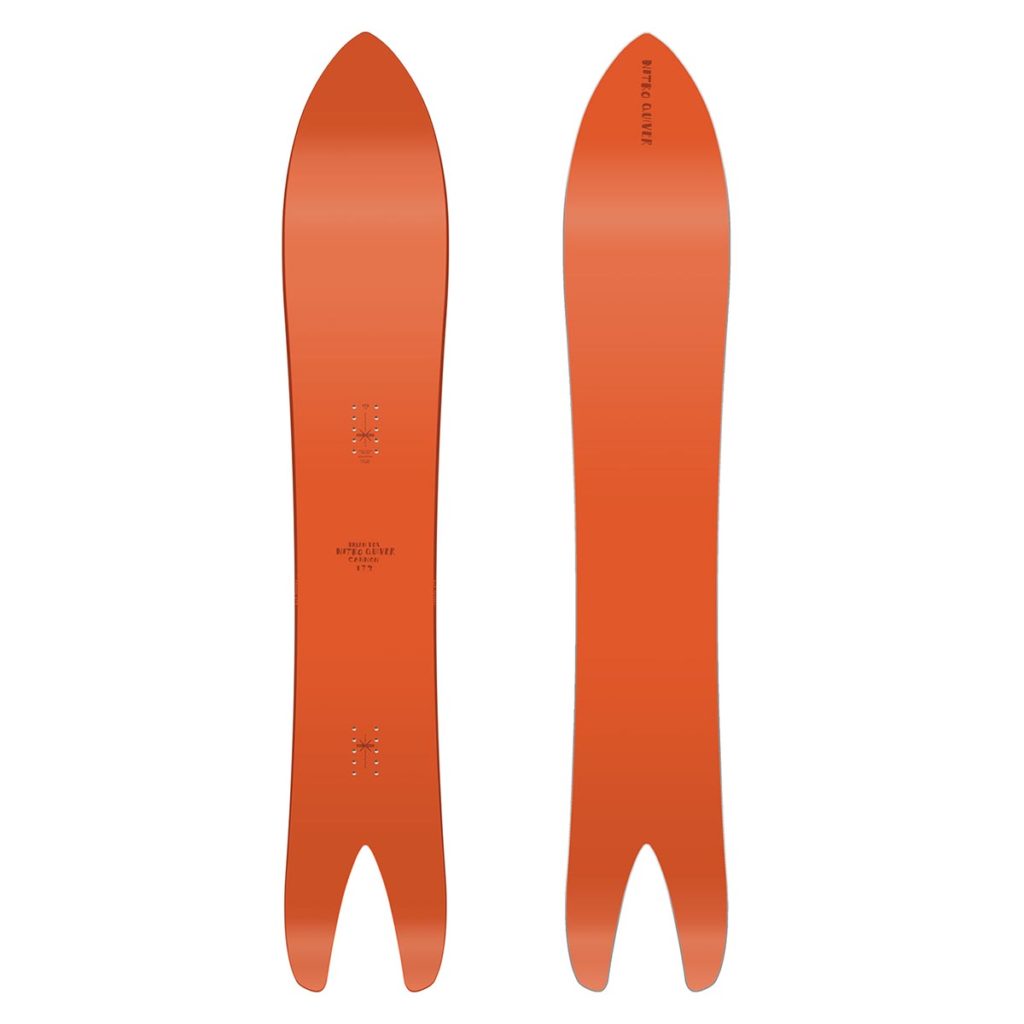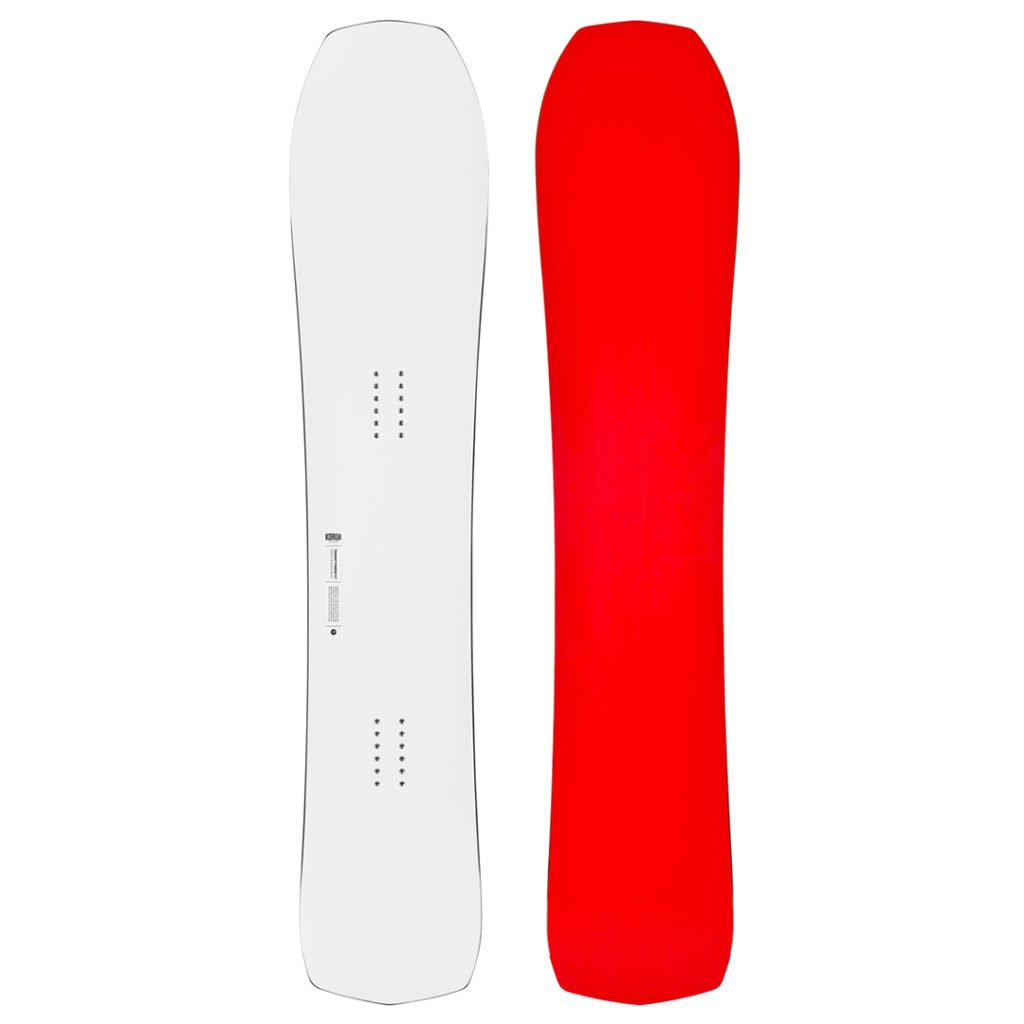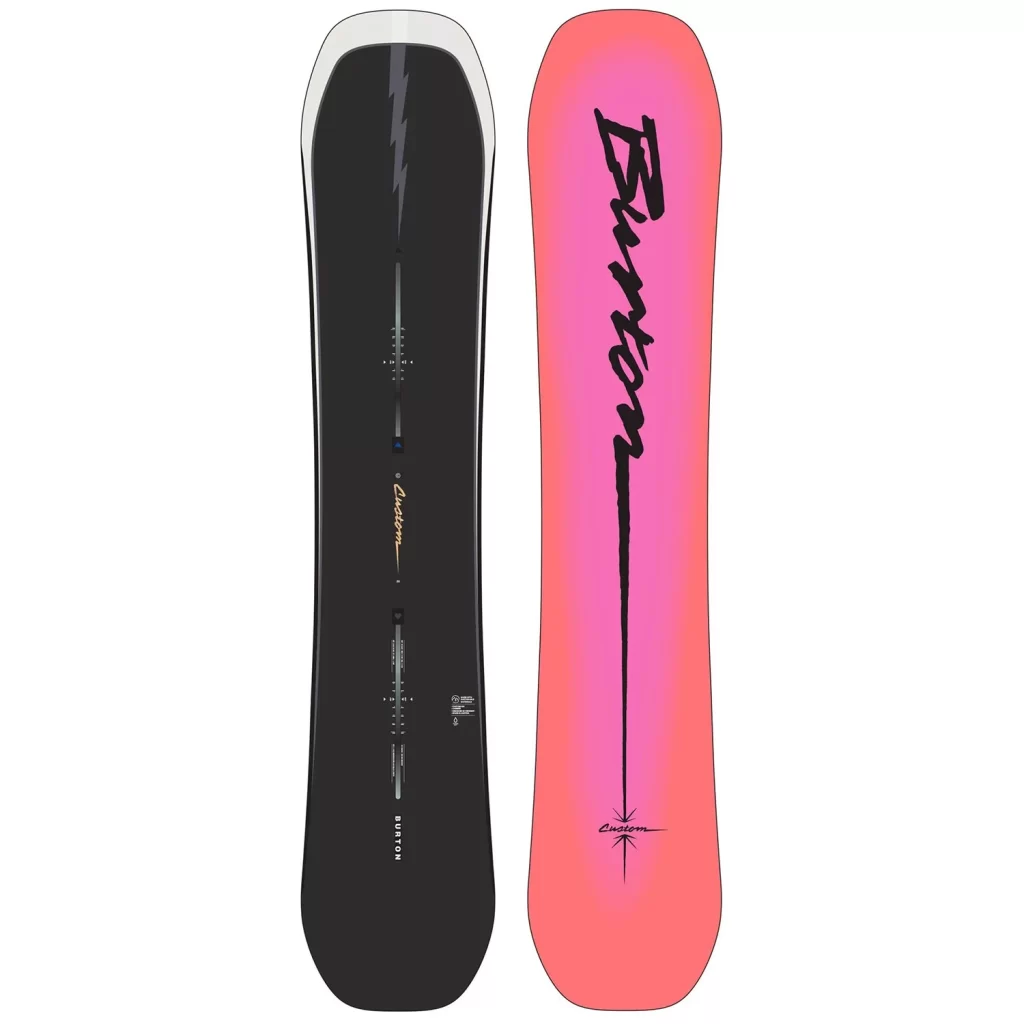Reviews and advice on buying the right snowboard gear
If you are new to snowboarding or just looking at buying some new gear, these snowboard reviews can help you find the right gear that is going to suit you and your abilities.
snowboard reviews
binding reviews
boot reviews
Snowboard Buying Guides
Tips For Buying a Used Snowboard
What is a good Beginner Snowboard Setup?
Store Search
Do you already know what gear you want? Search through all the big US online stores at once
Some of the snowboard gear I use and like
A long time favourite of mine, this is a board you can use no matter the conditions.
read moreDamp and flexible bindings, that still give enough support.
read moreWith an adjustable flex rating, these fit and ride like an expensive boot should.
read moreStable at high speed, float in powder and plenty of width for proper carving.
read moreA classic, standard camber board that will do pretty much everything most riders will need.
read moreI try to translate the manufacturers descriptions into something that is easy to understand in these snowboard reviews
If you check out the descriptions from any big brand in snowboarding, they will be loaded with crazy names for their features. If they sound technical and complicated, they must be good right? I’ll try and explain in plain english what the features do, and how you should expect they would affect your ride.
Knowing whether a board is going to suit your riding style and goals is a hard thing to work out, and the manufacturers/brands don’t do anything to help make choosing easier.
Who knows who started it first, but marketing teams at some point must have realised that they have to make these relatively simple snowboards sound like they are loaded with futuristic high end technology and cram the spec sheets with ridiculous marketing names to help justify the ever increasing prices.
No matter whether you are looking at a $200 snowboard or a $1000 board, they are still going to have the same basic ingredients: base material, wood core, fiberglass, topsheet and some metal edges.
The quality of those ingredients will make a difference in how the board rides, so I’ll try and simplify things wherever possible so that you can make more realistic comparisons between boards.
With just a little bit of reading, you will be able to work out what sort of flex, camber profile and shape will be best for your riding – and then narrow it down from there.
If you simplify things right down, there are just a few features that you really need to worry about before you start looking at the small details.
Flex rating: Soft, Medium or Stiff
Shape: Twin, Directional
Camber: Positive/Regular, Reverse, Flat or Hybrid
Flex Rating:
The softer a board is, the better it is for beginners and casual riders. The softer flex means you can more easily move and twist the board around, it won’t feel as restrictive. Soft boards are harder to ride fast, but that isn’t such a problem for people starting out.
A medium flex board sits right in the middle and is suitable for the majority of riders. They have enough flex that you can still move the board around without a lot of problem, but enough stiffness that will help you ride fast and give the board a stable feel.
A stiffer flexing board is best for more advanced riders, there is less forgiveness or room for mistakes, but they will have a very stable feel when riding fast or on hard snow.
Shape
Without getting too complicated, realistically you can ride any shape board anywhere. Directional boards will be the best choice for riding everywhere on the mountain, while twin shaped boards will be best for people who ride in the park, and ride their board switch (backwards) often.
Camber
Probably the most important one, this one will completely decide how the board rides. This is where things get complicated and all the “brand specific” features come in. If you simplify it right down, it comes down to how hard your weight on the board pushes the edges in the snow, but it does need a whole article to go into a bit more depth and explain it clearly.
